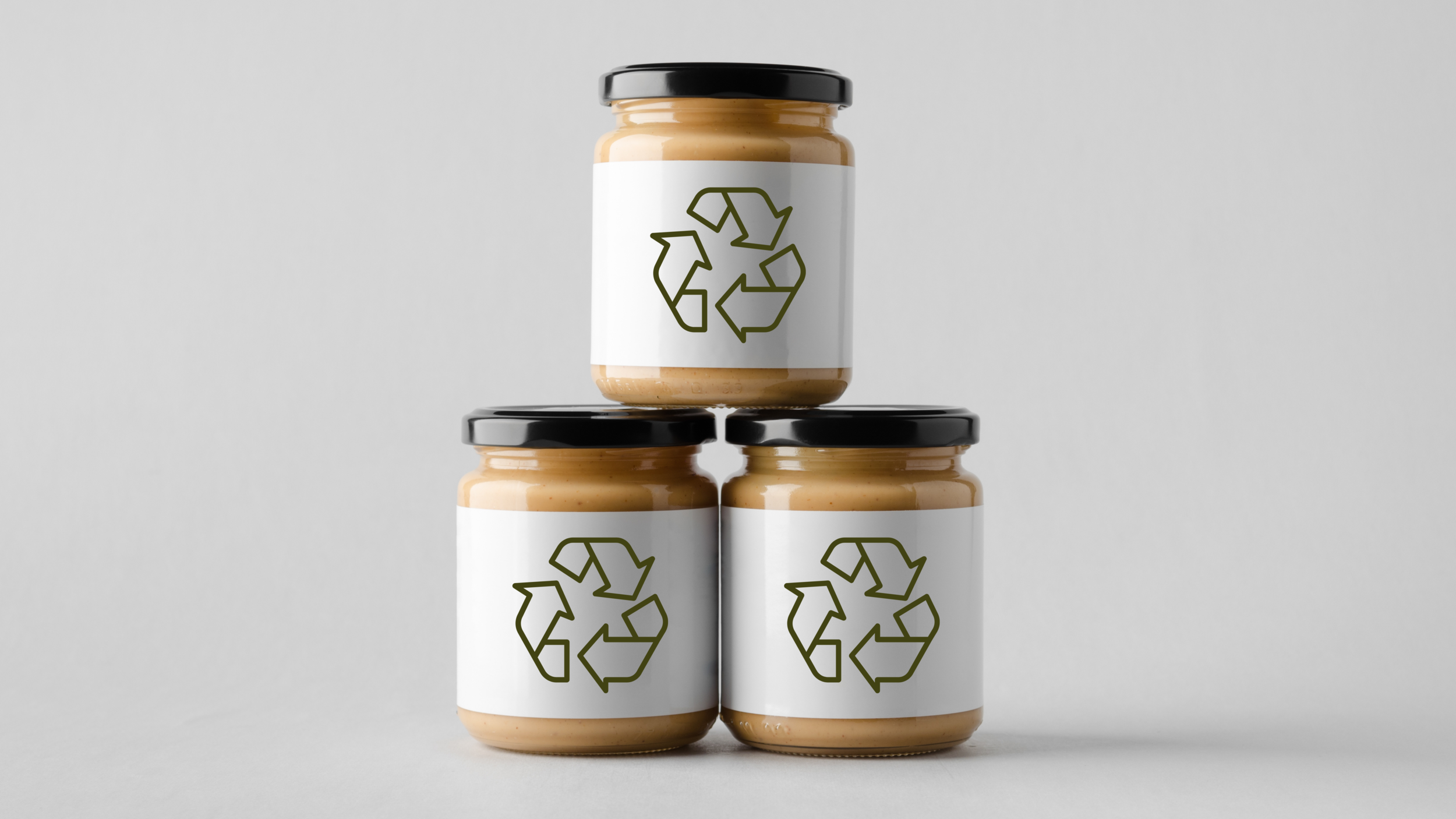Eco Packaging and the Importance of Sustainable Label Materials
LABEL SUBSTRATES AND THEIR ENVIRONMENTAL IMPACT
We all try to be eco-minded. More and more, companies are becoming aware of the environmental impact of their product lines and are re-shaping the way they do business. One of the largest influencing factors of a company’s environmental sustainability is the packaging in which they offer their products. Not only is the potential recyclability or compostability important to consider when choosing greener approaches to packaging solutions, but the impact of the materials with which the package or label is produced can make a large difference in a company’s carbon footprint and the subsequent environmental impact of their product. Today, we’re going to talk about sustainability certificates in label substrates and detail how conscious choices in the selection of the substrate material can have huge impacts on environmental sustainability.
RECYCLABLE, COMPOSTABLE AND BIODEGRADABLE LABELS
There are a host of different options when choosing to move towards a more sustainable packaging and labeling solutions. The first decision to consider is whether you want your label to be recyclable, compostable, or biodegradable. The route that you choose will influence the choices you can make in the selection of your label substrate. Certain requirements are needed to ensure the label substrate is eligible for biodegradability, recycling, or composting. Here at Derksen Co., we work with a substrate provider called, UPM Communication Papers, which is a producer of paper for a wide variety of industries, including the labeling community. Within their range of offerings, they specify a variety of substrates that have been certified for their sustainability.
SUSTAINABILITY CERTIFICATES IN SUBSTRATE PRODUCTION
UPM Communication Papers supplies EU Ecolabel certified substrates. The EU Ecolabel is a label of environmental excellence and ensures that the product to which it is granted meets high environmental standards throughout the entire lifecycle of the product. From the raw material extraction, to the product’s production, to its distribution and disposal, the EU Ecolabel denotes a level of high sustainability and eco-consciousness.
The most important aspect to note with this certification is that it guarantees that the production of the product in question is carried out responsibly. For our customers who choose a substrate for their label that is sourced from UPM and has acquired the EU Ecolabel signature, they can rest assured knowing that the materials with which their label will be produced are sustainably manufactured and sourced, reducing the environmental impact of their packaging and their products as a whole.
RESPONSIBLE FORESTRY CERTIFICATIONS
Alongside the EU Ecolabel certification, UPM Communication Papers also offers label substrate materials that are made from materials which are sourced from certified responsible forestry operations. Responsible forestry encompasses the stewardship and the use of forests and forest lands in a way that maintains the biodiversity, productivity, regeneration capacity, and vitality of the lands in question. It is the sourcing of materials from forests so as to ensure the safety and endurance of the resources housed there without the destruction or damage of its sustained ecosystems.
PEFC
The Programme for the Endorsement of Forest Certification is a global alliance of national forest certification systems. It is a non-profit and non-governmental organization that prioritizes the safety and the sustainability of forests and their inhabitants. Thorough independent third-party certification processes, the PEFC promotes sustainable forest management and is the largest forest certification organization in the world.
FSC
The Forest Stewardship Council outlines standards for the responsible management of forests. This is a voluntary program that seeks to protect forests for future generations and has been lauded and supported by well-known environmental advocate groups such as the WWF, the Sierra Club, Greenpeace, the Natural Resources Defense Council, and the National Wildlife Federation. Over 380 million acres of forest are certified under the FSC’s system.
In the next few installments of our sustainability 101 blog series, we’ll be detailing other considerations of eco packaging and the importance of sustainable label materials. Label substrates and their environmental impact are just the beginning of the expansive considerations when producing sustainable packaging. This, and our other forthcoming forays into sustainable label practices, are a new initiative by Derksen Co. to offer increasingly diverse services to best-suit the needs of our customers. If you would like to speak to a Derksen Co. representative about sustainable labeling or any variety of labeling questions, contact us at 920-685-4000 or drop us a message using our contact us page.
